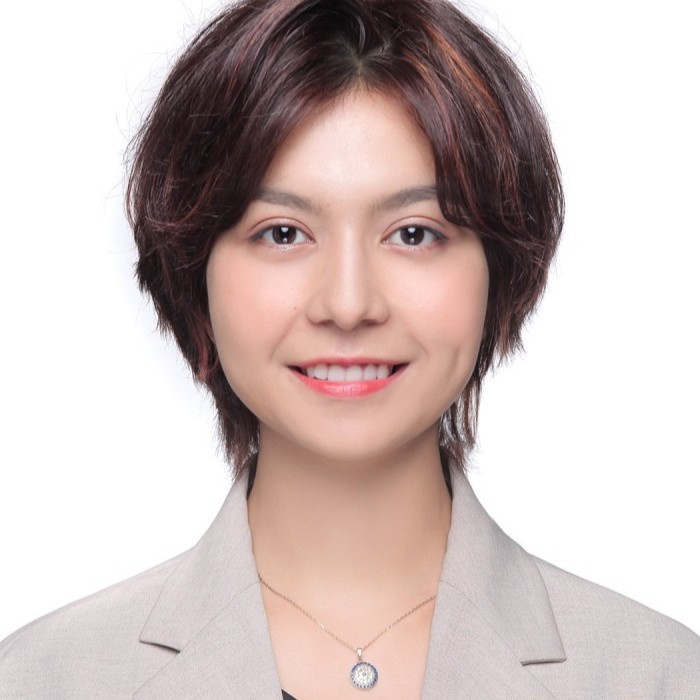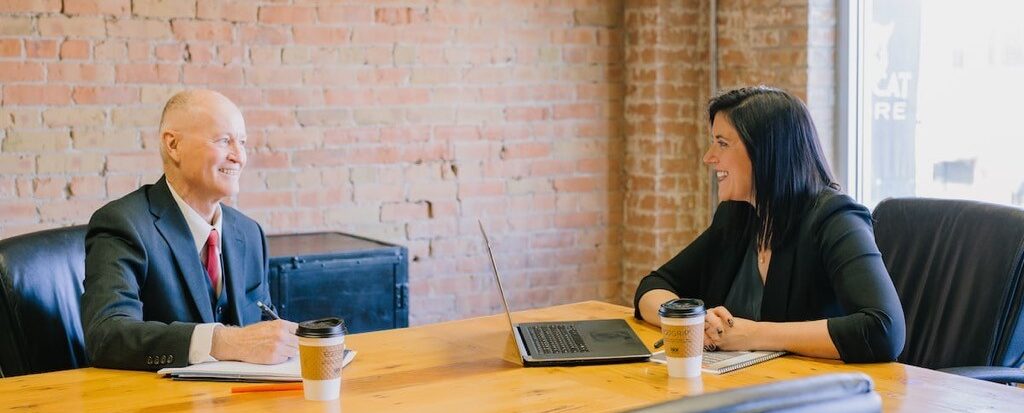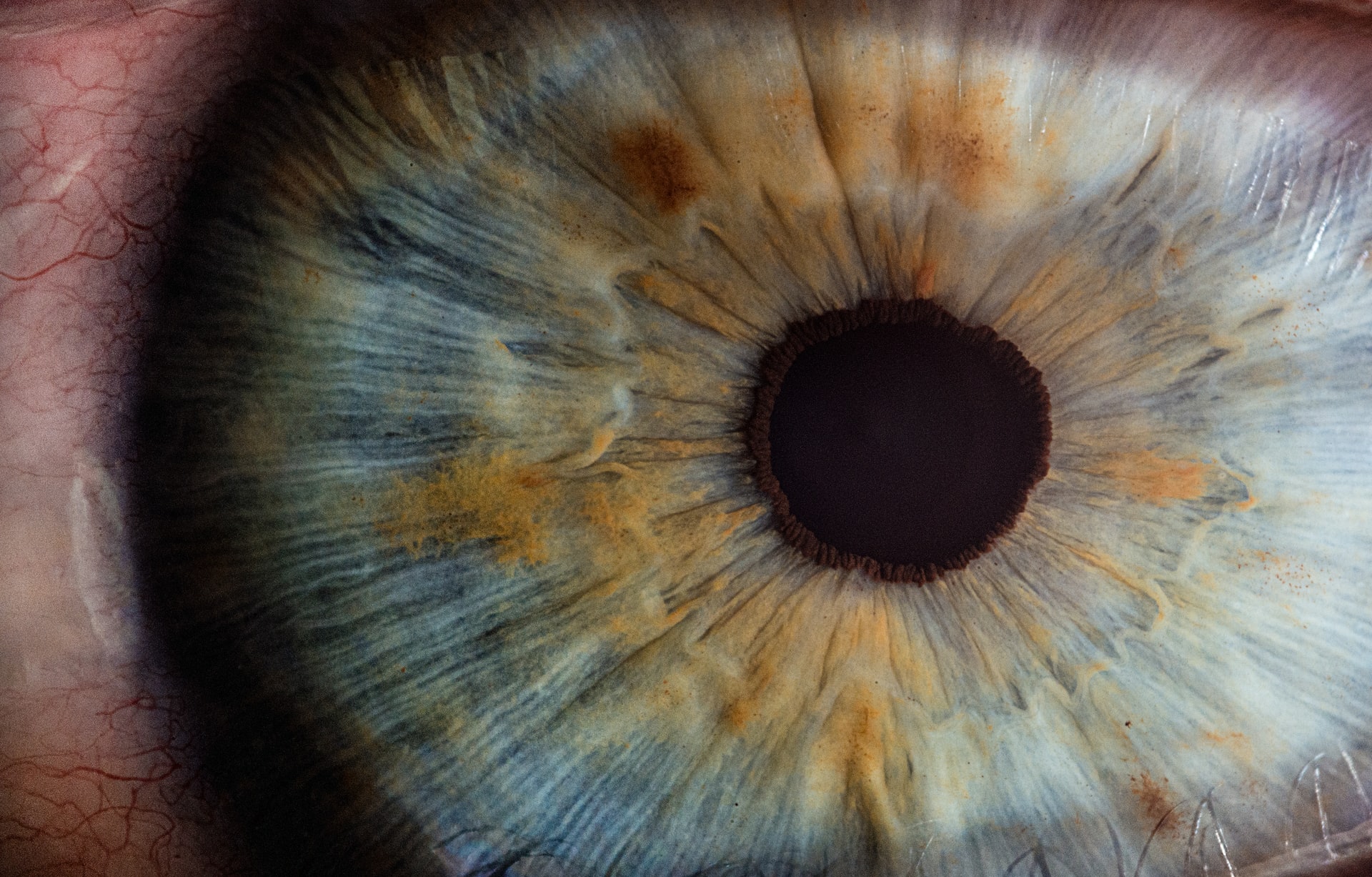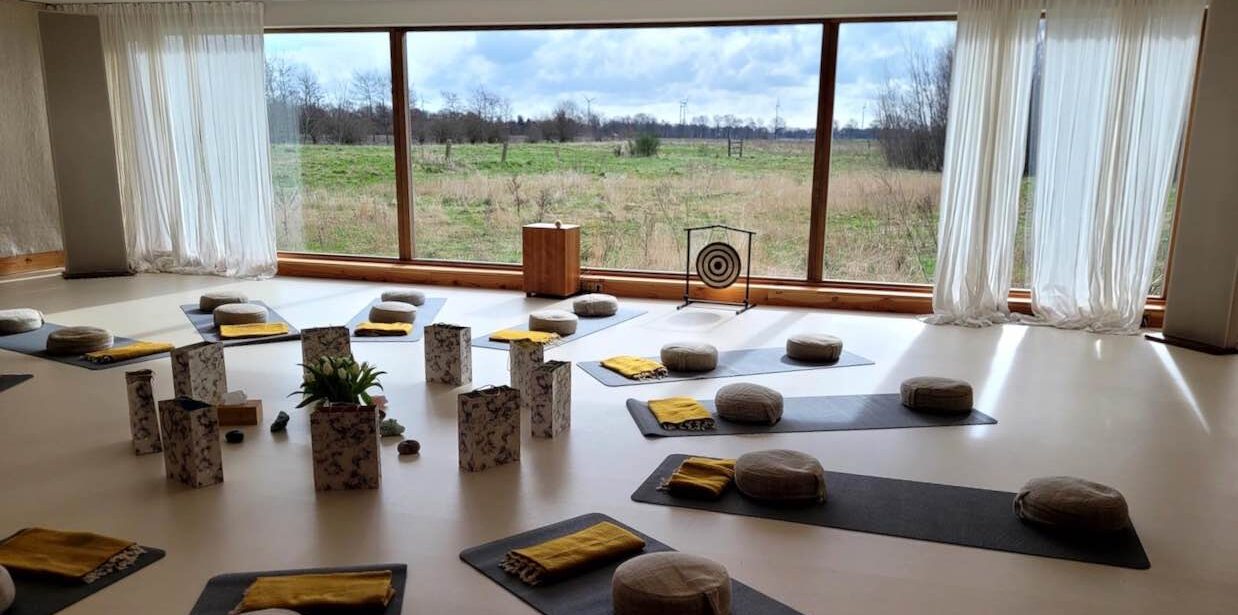
These questions inspired a collaborative research project between Dilifuzi “Daphne” Wusiman of ESCP Business School, supervised by Dr. Tanja Schomann, and Dr. Dmitrij Achelrod of Evolute Institute. We sought to test the hypothesis that a structured 3-month developmental program involving a psychedelic experience with psilocybin-containing truffles could effectively influence individuals in leadership positions, fostering advancements in their current leadership mindset.1
During the 3-month Evolute retreat program, participants took part in a legal and medically supervised 4-day on-site psilocybin retreat in the Netherlands, including a 3-week virtual preparation and a 2-month virtual aftercare period with 1-on-1 calls as well as group sessions. After a series of interviews and a survey before, during and after the Evolute retreat program, this research study attempted to identify a framework to define leadership, extract consistent themes and experiences of participants during their 3-month journey, and to examine the effects of the program on participants’ mindsets in the short and long-term.
The initial results provide first-hand evidence that thoroughly prepared and skillfully facilitated psychedelic experiences that are followed-up with professional integration have the potential to positively impact an individual’s leadership mindset, leading to outcomes such as increased empathy, self-awareness, and a more holistic approach to decision-making.

Why psychedelics? From ancient shamans to modern day CEOs
As we explored in this article, the use of psychedelics dates back thousands of years, with evidence of their use in ancient cultures found in cave paintings, sculptures, and religious texts. This was often associated with spiritual and religious practices and was believed to have had healing properties. The ancient use of substances such as psilocybin or “ayahuasca” played a significant role in shaping the beliefs and practices of different cultures around the world and had a profound impact on their societies. In some societies, this was a way to provide communal bonding and social cohesion, or providing individuals with a sense of purpose and insight into the nature of reality and the human condition.
These mind-bending subjective effects that people report of their psychedelic journey are currently thought to be due to the impact of psychedelic compounds on the brain’s default mode network (DMN), a set of brain regions that are active when we are not engaged in any specific task. The DMN instantiates fundamental beliefs about oneself (e.g. I am a person worthy of respect and love) and can be attributed to what some call the “ego”. According to a study conducted in 2020[1], the DMN is involved in self-referential thinking, which can lead to a sense of self-centeredness and a lack of empathy towards others.

Psychedelic compounds, such as psilocybin, have been shown to decrease the activity of the DMN and increase communication between brain regions, leading to a more interconnected and holistic sense of self and a greater sense of empathy towards others. This can be a contributing factor to the increased sense of connectedness with others and the world around us, which can contribute to one’s readiness and ability for teamwork and foster a sense of community[2].
Reduced stigma around this topic and more relaxed laws internationally have contributed to the ‘Psychedelic Renaissance’, a blossoming of both academic, societal and business interest into the potential applications and benefits of psychedelics. Besides advancements in research on clinical conditions such as depression, anxiety, and addiction, only little research has been conducted in non-clinical contexts. Some pioneers have been exploring psychedelics for their use in business and leadership contexts. Proponents argue that these substances can enhance creativity, productivity, and innovation. Some business leaders have reported using psychedelics to gain insights into their company’s direction or to overcome creative blocks. Notably, Steve Jobs, one of the most renowned leaders and Apple’s founder, was upfront about using LSD in his early years to boost his creativity. He described his psychedelic experiences as being “the most profound” experiences in his life.
Taking this into account, this study aimed to address a significant gap in the current research concerning the impact of psilocybin on individual leadership development.
The Research Process
A total of three separate interviews were conducted with the study participants, before, 1-3 days after and 3 months after the psychedelic experience. The aim was to build up a framework of how individuals approached leadership before their psychedelic journey, how the experience altered their perspectives towards both themselves and their professional environment, and to measure any further changes in their leadership mindset in the longer term.
The Authentic Leadership Questionnaire (ALQ) was completed before and after the experience to quantify the changes in leadership behaviors and attitudes. The ALQ is divided into four dimensions: self-awareness, relational transparency, balanced processing, and internalized moral perspective, and is widely used in various research contexts, such as organizational behavior, education, and healthcare.
The Participants
A total of nine participants were eligible. The participation of each individual was voluntary, and they provided informed consent to answer all three semi-structured interview questions and to honestly complete all 16 questions in the Authentic Leadership Questionnaire (ALQ) both before and after their psychedelic experience.
The age range of the participants varied from 29 to 62 years old. The participants were from various industries and professions including CEOs / founders from the tech / fintech industry, senior managers / directors from human resource and business services as well as medical professionals (psychiatrists and occupational health physicians).
The Psilocybin Induced Psychedelic Experience
An immediate post-retreat interview focused on the subjective experience of the participants, the effects of the psychedelic substance on their thoughts, feelings, and perspectives, and any memorable and meaningful moments that occurred during the retreat. It also explored how much of the experience focused on personal and spiritual issues, such as childhood experiences, versus professional concerns. For instance, participants were asked to reflect on any insights or visions that could be applied to their professional context, and whether the retreat had impacted their confidence in addressing professional challenges.
The table below presents the themes that emerged from the immediate post-psychedelic interviews and represents experiences that were common across retreat participants.
| Global Theme | Organizational Theme | Basic Theme |
| Experience | Physical | Colorful patterns; energy and vibrations; tingling sensations; loss of body weight; synesthesia (e.g. seeing sounds, hearing colors) |
| Emotional | Euphoria; intense feelings of joy, love, and connection; profound sadness or fear; emotional release; heightened empathy; emotional sensitivity; gratitude | |
| Spiritual | Encounter with a higher power or divine entity; a sense of unity and interconnectedness; mystical experience; ego dissolution; transcendence of time and space | |
| Insights | Personal | Deepened sense of inner trust; increased level of empathy; greater understanding of one’s emotions and thought patterns; letting go of attachments |
| Professional | Confidence in decision-making; stronger sense of responsibility; greater concern for social impact; reinforced or reduced career purpose; |
The “Experience” itself was clustered into three organizational themes: physical, emotional, and spiritual. According to the majority of the study participants, these three dimensions are often experienced together during the psychedelic trip.
The physical dimension of the psychedelic experience included “enhanced sensory and bodily sensations”, “changes in perception of colors, shapes, and textures”, an increase in receptiveness to music, as well as alterations in physical sensations such as temperature, tactile sensitivity, and body weight. For example, 8 out of 9 participants reported feeling a heightened sense of physical sensations, such as the softness of a blanket or the warmth of a cup of tea.
One of the most common emotions experienced by the participants during the psychedelic trip is a sense of euphoria, joy, and intense pleasure. This was often accompanied by feelings of wonder, awe, and amazement as individuals experience an altered perception of the world around them. Many participants report feeling a profound sense of connectedness to everything around them, including other people, nature, and even the universe as a whole. 80% of study participants reported dramatic changes in mood and affective experience, ranging from laughter and joy to bursts of crying and extreme sadness, as a way of emotional release.
“I had the experience of both greater intensity of feelings and also thoughts. I could feel them clearer, but at the same time, I also had a bit more distance to what was happening inside of me so I could clearly differentiate between…I could feel the emotions more intensely meaning if I was sad I could feel really sad and if I feel the love I could really feel loved. So it was quite impressive how pure those feelings were”
The spiritual dimension of the psychedelic experience typically sums up the profound perceptual changes in study participant’s sense of self and connection to the world around them, as well as a sense of awe and wonder. This category includes experiences such as feelings of unity with the universe, encounters with spiritual entities or forces, or experiences of ego dissolution. One interviewee having a profound sense of connection with their surroundings and having a spiritual encounter with a spirit guide or ancestral entity, which gave the interviewee profound insight that can be applied to their private and professional lives.
Immediate Insights from Psilocybin Truffle Experience
Most insights from this experience appeared to reflect immediately on the personal lives of participants, rather than their professional lives. However, participants acknowledged that the insights gained from these experiences could be applied in their professional context which implies that personal growth translates into professional success.
One of the common insights was an understanding of the impermanence of all things, which in a normal state of consciousness could be both a difficult and liberating realization to accept. An interviewee reported this realization helped him let go of attachment to things that are transient or illusory, and to focus on what is truly important in life. 8 out of 9 participants expressed their learnings as having a greater appreciation of the present moment, and a deeper sense of gratitude for the experiences and relationships in their lives. The below quote also reflects the heightened “inner sense of trust” reported by 4 out of 9 participants.
“It was mostly my personal topic. This topic of surrendering, trusting myself, trusting intuition, knowing that I have the inner power and the inner source and it’s really great. And it’s there obviously to help me and I felt it already after the journey. It will also help me to connect back to myself easily and to actually have this safety and confidence…trust that the things that are happening to me are happening for a reason, that I have the knowledge and experience I need, and everything I don’t know is also ok.”

90% of the study participants reported a “deep sense of interconnectedness with all things”. This was experienced as unity or oneness with the universe, connection with other people, animals, or even inanimate objects in a profound and meaningful way. This could lead to shifts in perspective, increased empathy, compassion, and a sense of responsibility for the well-being of all things. This particular outcome was found to be related to a higher self-confidence and a perceived increase in their ability to confront their emotions, traumas, and challenges in the future.
The “Professional” theme reflects the insights into participants’ objectives and career goals. Participants experienced a heightened sense of interconnectedness which could allow them to see how different elements of a problem are linked, while viewing them from a new perspective. This could enable them to have a more holistic and integrated approach to problem-solving. This increased creativity, adaptability, and innovative thinking can be especially important in the professional world.
“I am more confident in taking decisions even if they’re not conventional and knowing that in our startup people invested in me as a person and that they want to have my imprint on this product, so I think they also expect me to take these non-conventional decisions. I have an incredible drive regarding work since I’m back.”
All 9 study participants report a greater appreciation for the importance of self-care, rest, and relaxation. Some also expressed having a greater sense of purpose and meaning in their work, making it easier to prioritize their time and energy in a way that is fulfilling and sustainable.
“The journey also helped me to re-prioritize my inner world and my values and so on with professional efforts, so I think after the journey, now I have a feeling that it doesn’t matter how many startups I found and how successful I am if I act according to my values and with love and kindness …. So let’s say the priority shifted a bit.”
In total, 3 study participants reported a change in the way they see the purpose of their current profession, which could be associated with a greater sense of empathy, compassion, and a desire to help others with more focus on collaboration, inclusion, and empowering others. Additionally, the increased sense of empathy and expanded awareness could encourage participants to make decisions that are more sustainable and ethical.
“Honestly, it impacted my career’s purpose. It’s a difficult and challenging topic because what I’m currently doing is a pretty interesting topic and I like it. I can relate to that. It’s technology gaming. It’s a cool thing, but is it making the world better? Is it serving society? Is it rescuing our planet? Yes, I solve the problem of someone, but it’s not saving nature, not getting rid of hunger [sic] on the planet. And I ask myself, why am I actually doing this? Something else is somehow serving society in a better way and yeah, this is an issue for me to figure out now.”
Long-Term Insights from Psilocybin Truffle Experience
87.5% of the study participants experienced a noticeable impact on their professional lives when interviewed 3 months after their psychedelic experience. Some of the common enduring effects were the heightened levels of self-awareness and empathy, and 8 out of 8 study participants report a heightened sense of introspection and self-reflection. These changes can lead to a greater awareness of their own biases and limitations, perhaps challenging existing beliefs. This transformation in their mindset, in turn, stimulated a shift in their individual values and priorities, which prompted them to alter their focus from a work-centric approach to a more self-caring one. This enabled them to strike a better balance between their personal and professional commitments.
“No matter what kind of situation, I’m really not stressed anymore. In terms of interactions with others, even if they say something more X in the way that I don’t agree with, I’m not trying to defend my standpoint and I just say ok , and I talk to them and then I solve the problem.”
The increased sense of connection and compassion experienced could translate into more ethical and morally-driven behavior, therefore to more mindful decision-making and a greater willingness to consider alternative viewpoints, especially in interpersonal relations and collaboration in teamwork. More than 50% participants also reported a heightened sense of equanimity and composure when faced with diverse challenges and interpersonal conflicts.
“I think the psychedelic experience helped me to take a different perspective, both towards myself and others. I find it a bit easier to feel empathy for their view, for their problems and so on. I think it opened me up, now I feel more open to feel for others.”
The Authentic Leadership Questionnaire
The ALQ measured the four dimensions of authentic leadership and participants rated their agreement with statements such as “I am aware of my own strengths and weaknesses” and “I communicate my thoughts and feelings openly with others”.The ALQ results suggest that participation in a guided psychedelic experience can lead to significant and sustained increases in all four dimensions of the Authentic Leadership Scales. The results are shown as a % of the maximum total score.
Key Takeaways & The Importance of Integration of the Psychedelic Experience
This study provides initial evidence that professionally guided psychedelic experiences as part of a larger personal development program can have a positive impact on leadership qualities. The potential benefits include an increase in empathy, openness, creativity, purpose, meaning, self-reflection, and self-awareness. Of course, it is important to approach psychedelic use with caution and under the guidance of trained professionals with prior psychological and medical screening.

An important finding of this research project is the importance of pre-psychedelic preparation and post-psychedelic integration as well as the context of a safe and professional setting. This is because the effects of psychedelics are not limited to the initial experience, but extend into the days, weeks, and even months after the experience. These sessions help individuals prepare for the experience, make sense of the insights gained during the experience, and support lasting changes in behavior and thought patterns.
[1] Preller, Katrin H et al. “Psilocybin Induces Time-Dependent Changes in Global Functional Connectivity.” Biological psychiatry vol. 88,2 (2020): 197-207.
[2] Watts, R., Day, C., Krzanowski, J., Nutt, D., & Carhart-Harris, R. “ Patients’ Accounts of Increased “Connectedness” and “Acceptance” After Psilocybin for Treatment-Resistant Depression. “Journal of Humanistic Psychology, 57(5) (2017), 520–564.

Dr. Dmitrij Achelrod,
Co-Founder Evolute Institute
Feeling inspired?
LET'S talk
We invite you to schedule a call with us. Together, we can delve into any questions you might have. We can explore whether one of our retreat programs is right for you at this time.
- Feature Image by Drazen Zigic on Freepik
- Photo by Amy Hirschi on Unsplash
- Photo by Nick Fewings on Unsplash



